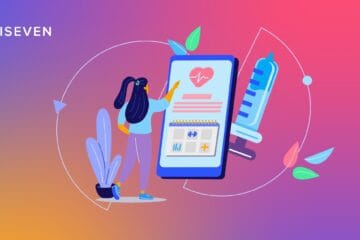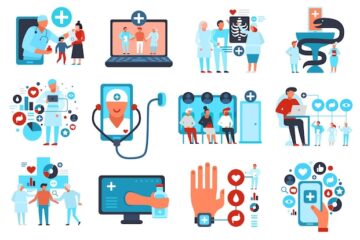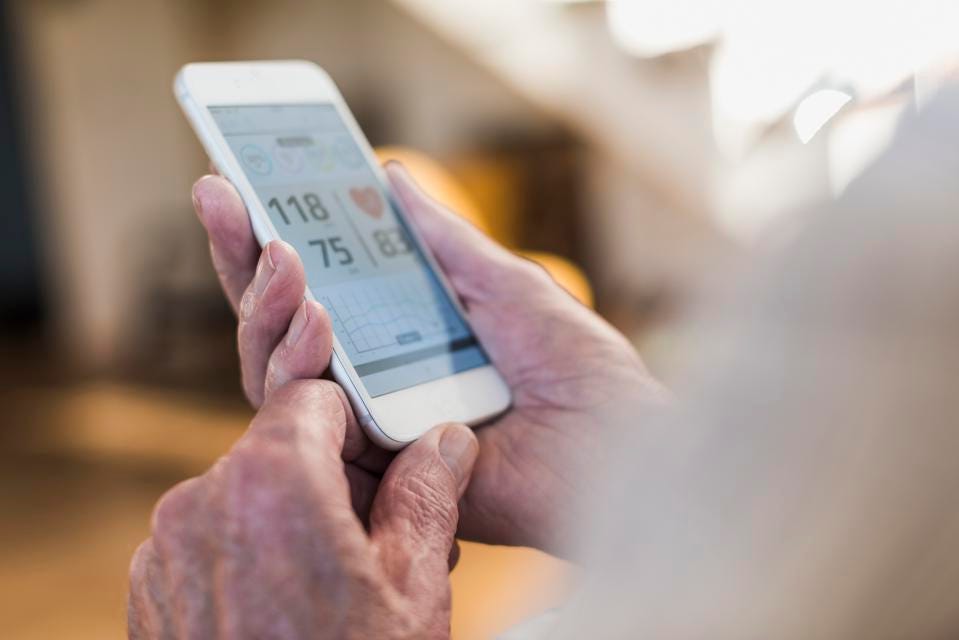There are, on the current count, more than 165,000 health apps in the UK. It is big business – keeping us fit, telling us what to eat, monitoring our heart rate. Their uses are, it seems, unlimited.
Yet a report out from the think tank, The Nuffield Trust, has found that there is a gap between how we as consumers use digital technology, which is transforming our lives, and how we as patients are using it.
The potential, the report’s authors say, is enormous. Not just apps but monitoring and wearable technology, online triage or appointment booking, remote consultations, or online health information.
For the moment, however, Dr Google remains the most popular. Three-quarters of the population seek health information this way and 50 per cent self-diagnose – not always wisely.
The slow uptake is partly a question of trust both on the part of the medical profession and the patients. There are legitimate questions about security of data, efficacy and efficiency. And there is no getting away from patients simply liking a face to face consultation with their doctor.
Doctors want to know, too, that when they recommend an app, that there is sufficient evidence that it works. And, again, the Nuffield Trust authors say there is insufficient evidence that they work, that they will save money, and that there is a need for them.
“The impact of this new digital capability is far from certain,” they say. “Not only are we lacking evidence in a number of areas, NHS professionals could shy away from patient technology for fear of increased workload or inaccurate advice.”
The report is indeed called ‘The digital patient: transforming primary care?’. That question mark says it all.
But there is enthusiasm. The Health Secretary Jeremy Hunt is an enthusiastic supporter of digital technologies as a way of taking pressure off an overworked NHS. He has extolled the virtues, for instance, of Skype consultations. And NHS England is offering support for developers of digital health technologies.
[Source:-CHANNEL NEWS 4]



